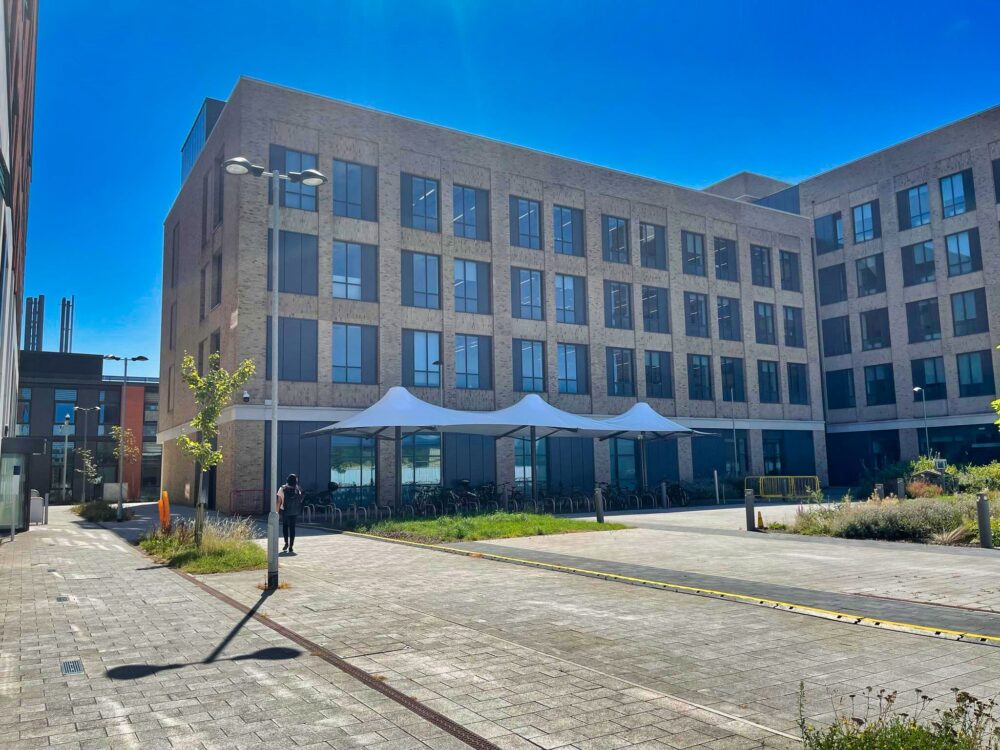Swansea academics awarded €480,000 Horizon Europe grant to support new research and innovation project

Researchers at Swansea University have received a new Horizon Europe grant to help implement the next generation of hazard and risk assessment of chemicals and novel materials, minimising the need for animal testing whilst protecting human health.
The grant has been awarded as part of CHIASMA (Accessible Innovative Methods for the Safety & Sustainability Assessment of Chemicals & Materials), a four-year €10.3 million project comprising 20 partners from 14 different countries throughout Europe, as well as Korea.
The project brings €480,000 to the University’s Medical School, allowing for a wealth of knowledge transfer across international partners and promoting the 3 Rs initiatives to reduce, refine, and replace animal testing in safety science, executing cutting-edge scientific approaches in the field of genetic toxicology.
Swansea lead Professor Shareen H Doak and her team will be focusing on the development of advanced in vitro models that mimic the human liver, applying them to investigate the potential for a range of chemicals and innovative advanced materials to damage DNA.
The team will also be using these models to design methods that allow the evaluation of long-term adverse effects, such as carcinogenicity, based on the DNA damage signatures of novel compounds and materials that are of socio-economic importance.
Professor Shareen Doak, Professor of Genotoxicology and Cancer, said: “CHIASMA is an exciting new project that will deliver the next generation of safety testing science. At Swansea University, we are delighted to be working in partnership with scientific leaders throughout Europe and internationally to develop alternative methods and strategies for the animal-free assessment of chemicals and novel materials. The research programme that we will deliver through CHIASMA will therefore provide the future-facing innovative tools and methods to move towards a more sustainable and toxic-free society.”
CHIASMA project coordinator Dr Tommaso Serchi, from the Luxembourg Institute of Science and Technology (LIST), said: “I am very excited to be leading the CHIASMA project, which will offer a concrete possibility to progress towards animal-free safety assessment and Next Generation Risk Assessment.”
Visit the CHIASMA website to learn more.